How to stop your dog marking his territory and cocking his leg in other people's houses
Ben Randall on how to handle one of the most embarrassing moments for a dog owner.
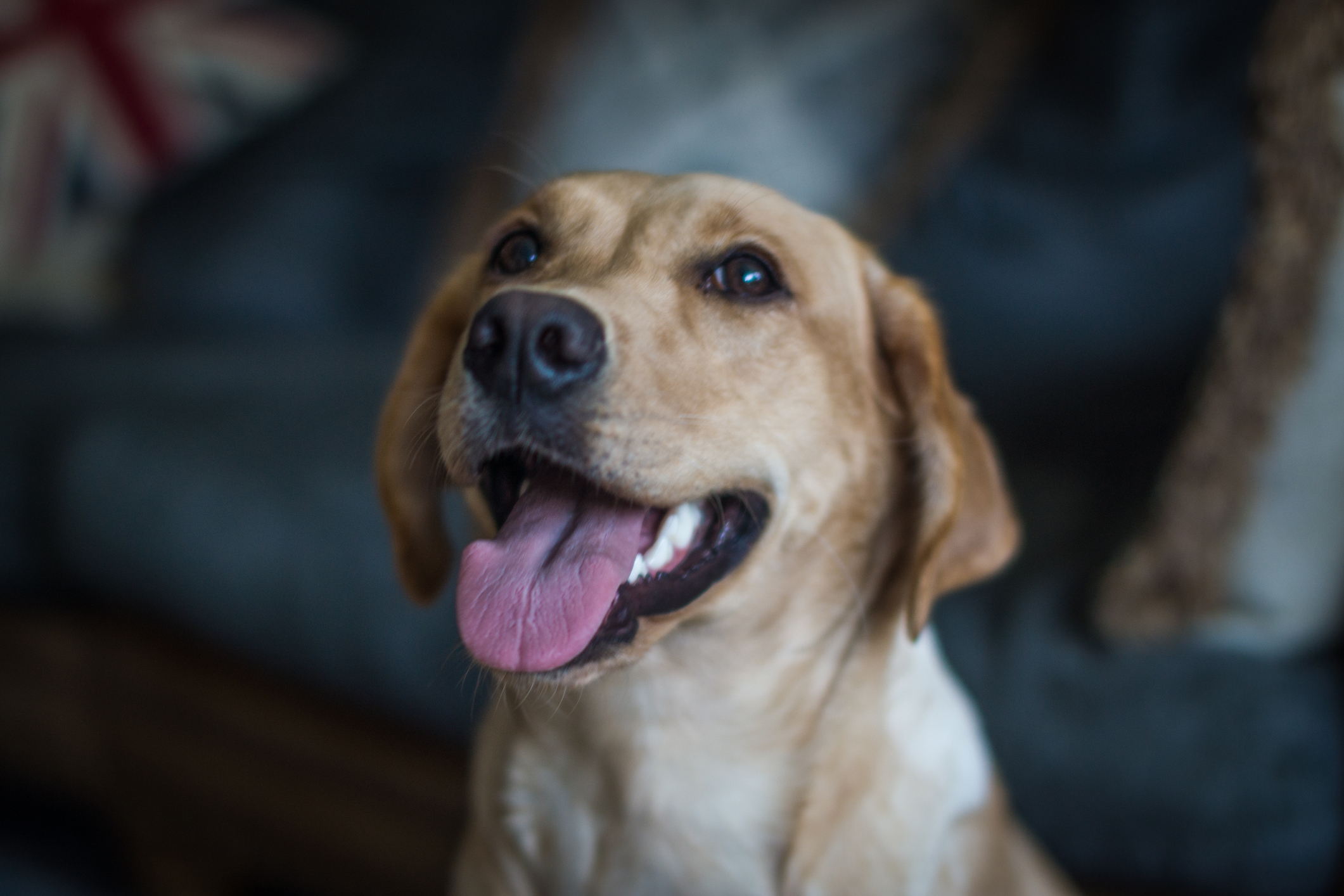

A lot of my clients come to me saying how their dogs are so well behaved, listen well, and do as they're told — but only with the owner themselves. When other people are involved they might play up — and that's something which has happened to our reader this week, who wrote in with this problem:
Dear Ben, I've got a problem with my young dog: he's incredibly well behaved with me, and perfectly toilet trained, but whenever he goes to stay at someone else's house he immediately starts marking his territory. I don't understand what's happening since he never does it at home, but if he's with a dog minder or family member while I'm working away, he cocks his leg on any dog beds in his new environment. The one good thing is that it's only ever on dog beds, and never on any human furniture that's around — but it's still something I really need to get on top of. Can you help? — F.L., via email to paws-for-thought@futurenet.com.
This is something that I've come across time and again, both in my BG (Beggarbush) training and at our kennels. While it can be tricky to diagnose a problem like this without seeing both you and the dog in person, when a dog plays up with other people it usually means that they're not doing what I'd want, to the standard that I would want.
In this case, I’d imagine your dog is quite a dominant dog, in terms of scenting in and around the garden, or out on walks. Normally I see this in a dog that needs more engagement, training and connection with its owner, especially out and about. A dog with too much freedom to sniff and scent, rather than being kept stimulated while out on walks with games and so on, gets used to sniffing and scenting — and once that pattern is established, it's hard to stop. The dog has become too dominant and reliant on itself.
You might wonder why I'm mentioning marking territory while out on walks, but actually when you take your dog to a new environment — whether family, friend or dog sitter — your dog sees it the same way. He's going in there and thinking, ah, a new place, I need to smell, sniff and scent just as I do when I'm not at home. I need to put my scent around and stamp my presence in this new area where other dogs have been.
So what can we do to improve this? These steps should help.
1. Keep your dog engaged with you as much as possible
At the moment at home I have one dog in a kennel that's otherwise full of bitches. Every time I’m with this dog, other than going to the toilet, I engage with him: I work on his training at feeding time, his obedience, his retrieving, everything, and I know that the dog is truly engaged with me, so that even when I introduce other dogs I still have that great connection and respect.
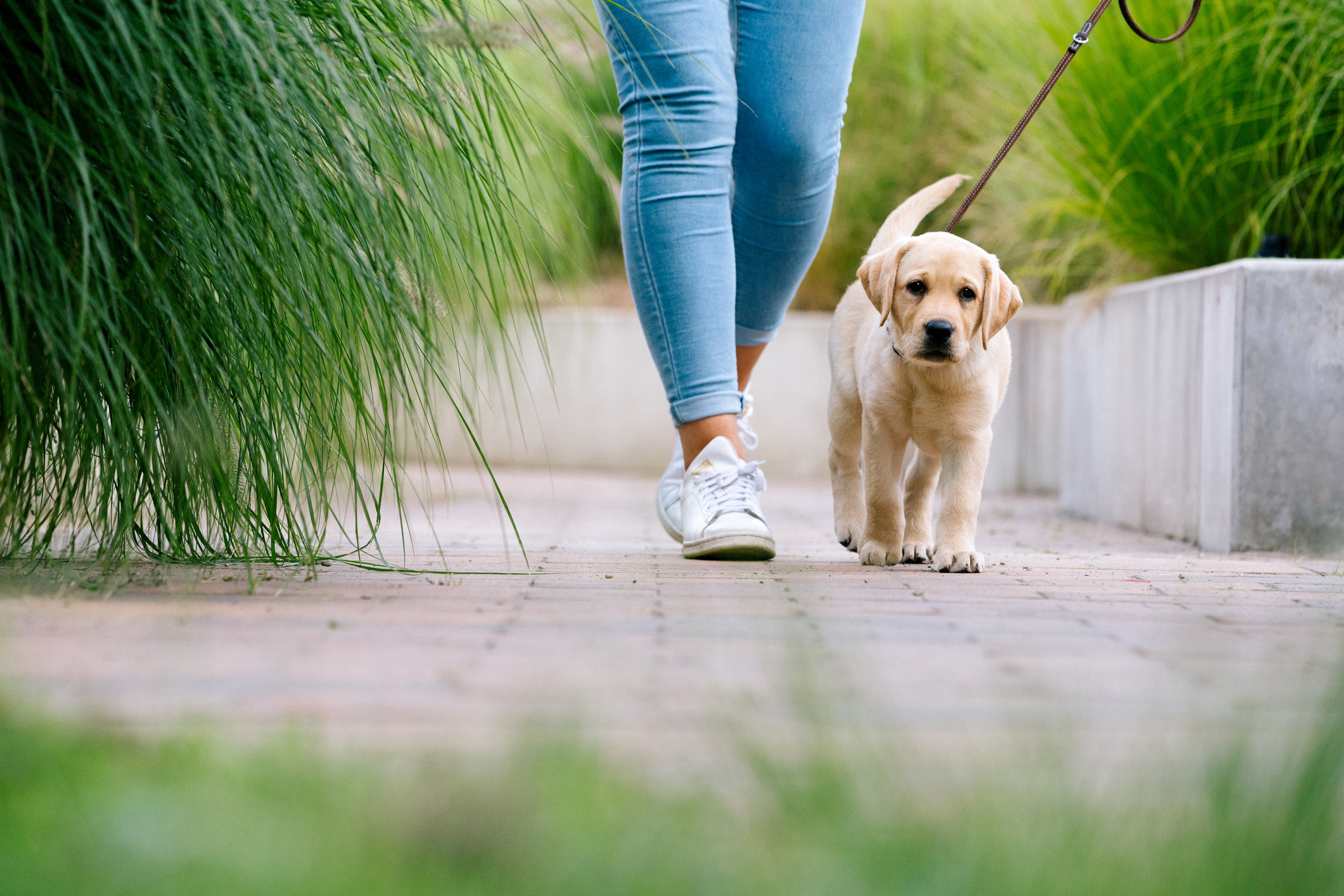
But it needs maintenance. If I were to let the dog and my bitches run free too much, before long he'd be sniffing, scenting and cocking his leg too, and his recall would get worse too. I call this farm dog behaviour: a dog with too much freedom and time on its hands will see sniffing and scenting become a habit. By keeping him engaged with you as much as possible, on walks and elsewhere, you can stop that pattern developing.
Sign up for the Country Life Newsletter
Exquisite houses, the beauty of Nature, and how to get the most from your life, straight to your inbox.
2. Establish a firm new routine when you go to a different house
There's a possible practical side to this problem, in that after the drive to the dog-sitter's house, your pet might actually find himself needing the toilet, which is only going to make cocking his leg seem more tempting. So let's pre-empt that and build it in to the new routine: don't come in to the new house with your dog and immediately have a cup of tea and a chat with whoever is taking care of him for you. Instead, set a pattern: arrive, brief greeting, immediately take him to the garden on a lead, and give him the toilet command. When he comes back in, calmly reward him with praise and perhaps some kibble, and take him to be put in a dog bed, crate, play pen or other enclosed environment.
Next time the dog is let out of this area, make sure his carer takes him to the toilet again, using the same routine; the dog will start to see that when he goes out to the loo and comes back in, it's time to go into relax mode.
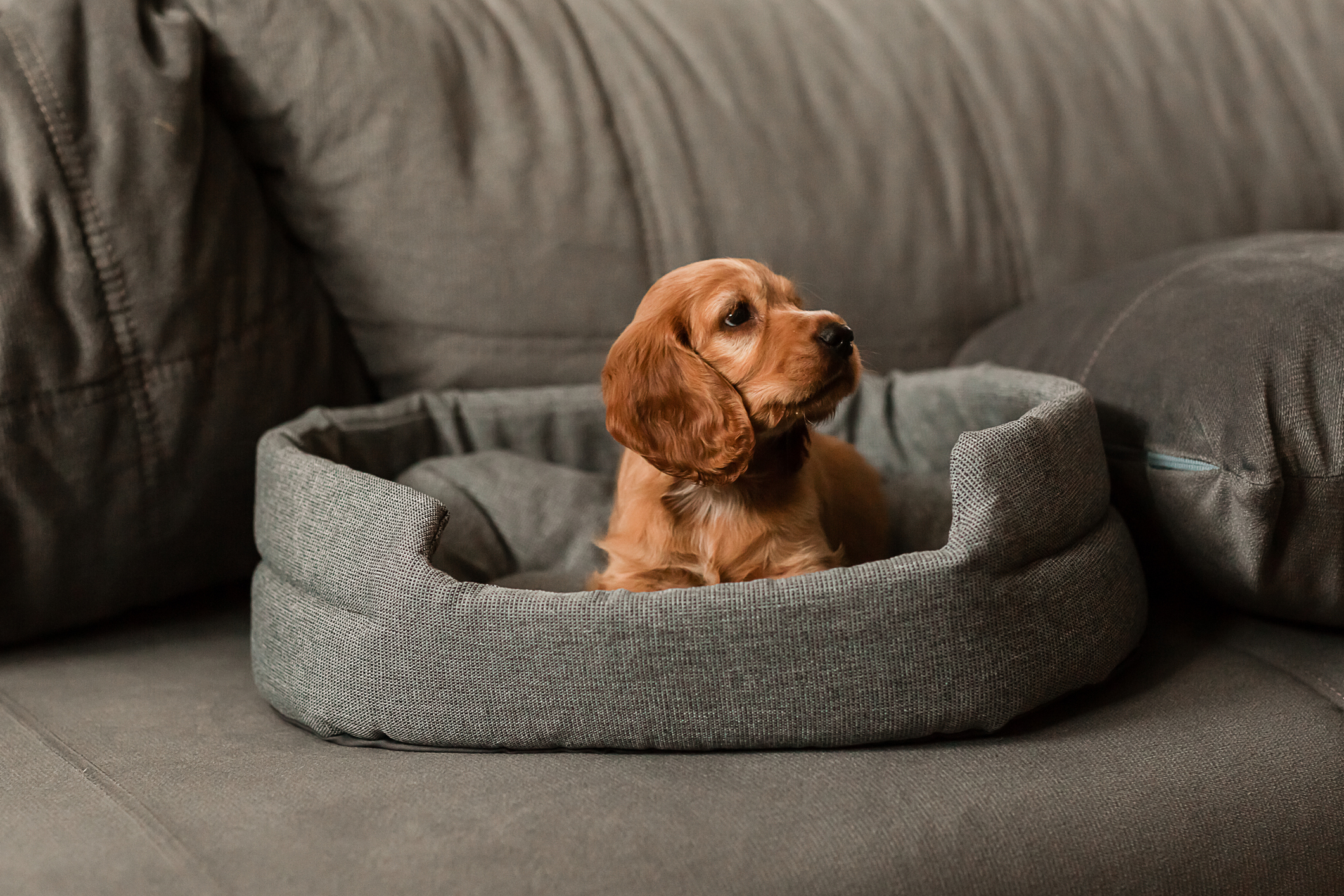
3. Slowly start to give the dog more freedom
Once the dog has learnt new behaviour, he can be let out of the crate or play pen. When this phase begins, ideally you would stick around for a while at the carer's house and keep a very close eye on any negative behaviour restarting, being ready with a confident 'leave' command should he look like he's about to start cocking a leg. If it happens, give a sharp, verbal 'leave', then get him to walk to heel, take him out for wee, and give him praise and a reward. Only once you're confident the pattern is broken can you leave the dog unsupervised in the other house.
4. Make sure your dog's carer is engaged in the process too
Part and parcel of this is that the person caring for the dog needs to be able to know what to expect, and how to react to your dog's behaviour. It's something I know all too well: as many of you know, I run a luxury boarding kennels in Herefordshire and when a client comes to me to look after their dog, I make an effort to get all the information I need, including commands and behaviour issues. I set a plan for feeding, exercising and toileting each dog, whether they're staying for a weekend or are with me for a month. It can take a day or so for the routine to settle in, but it's incredible how quickly they learn to respond to people other than their owners — it's almost as if for the period they're with me, they become my dogs. And the carers who are looking after your pet will be best-placed to do so if they can get that same feeling too.
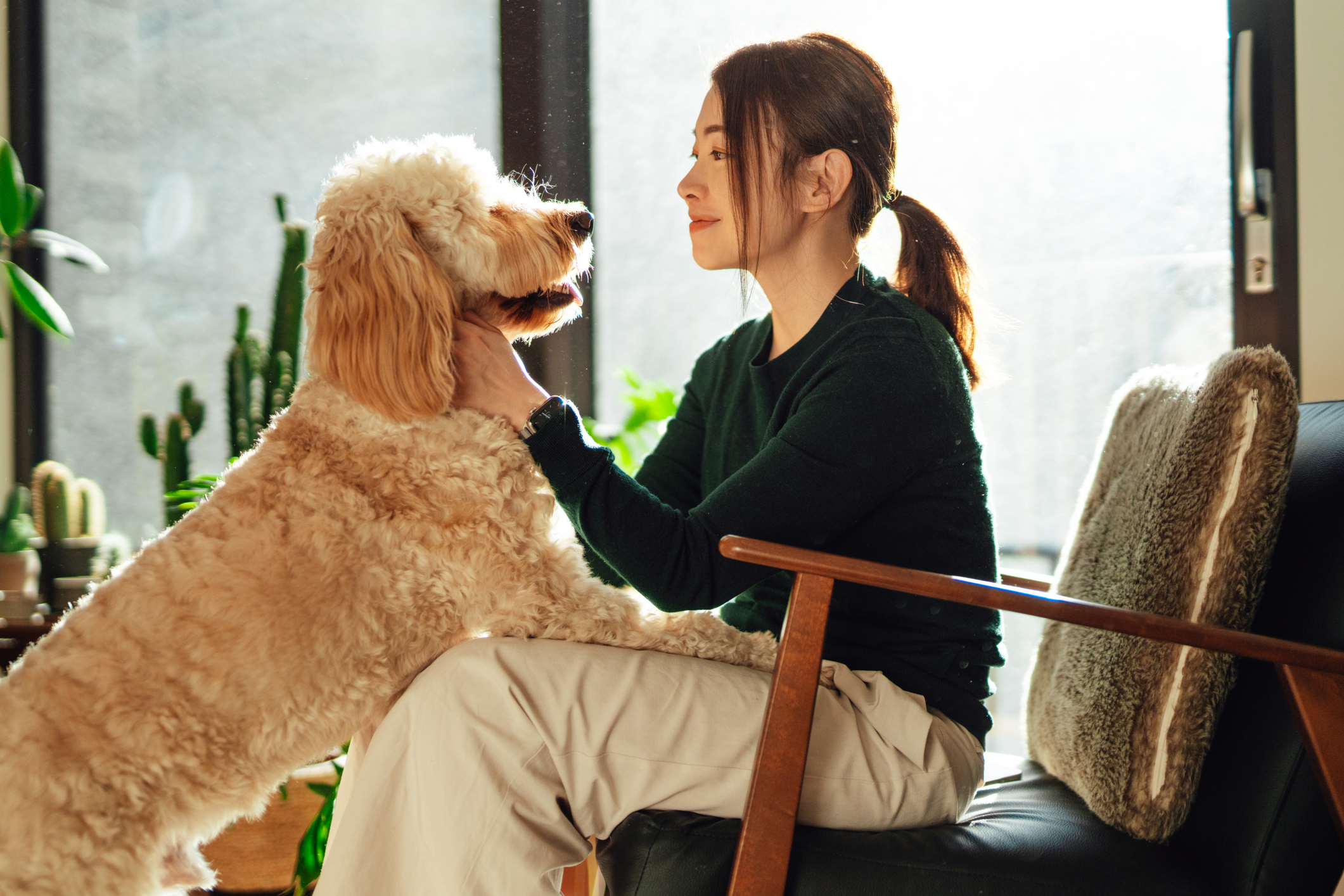
Ben Randall’s book, ‘How to Train Your Gundog’, is out now. You can order it here at £40.
For more detailed advice about Ben Randall’s positive, reward-based and proven BG training methods, one-to-one training sessions, residential training or five-star dog-boarding at his BGHQ in Herefordshire, telephone 01531 670960 or visit www.ledburylodgekennels.co.uk. For a free seven-day trial of the Gundog app, which costs £24.99 a month or £249.99 a year, visit www.gundog.app/trial
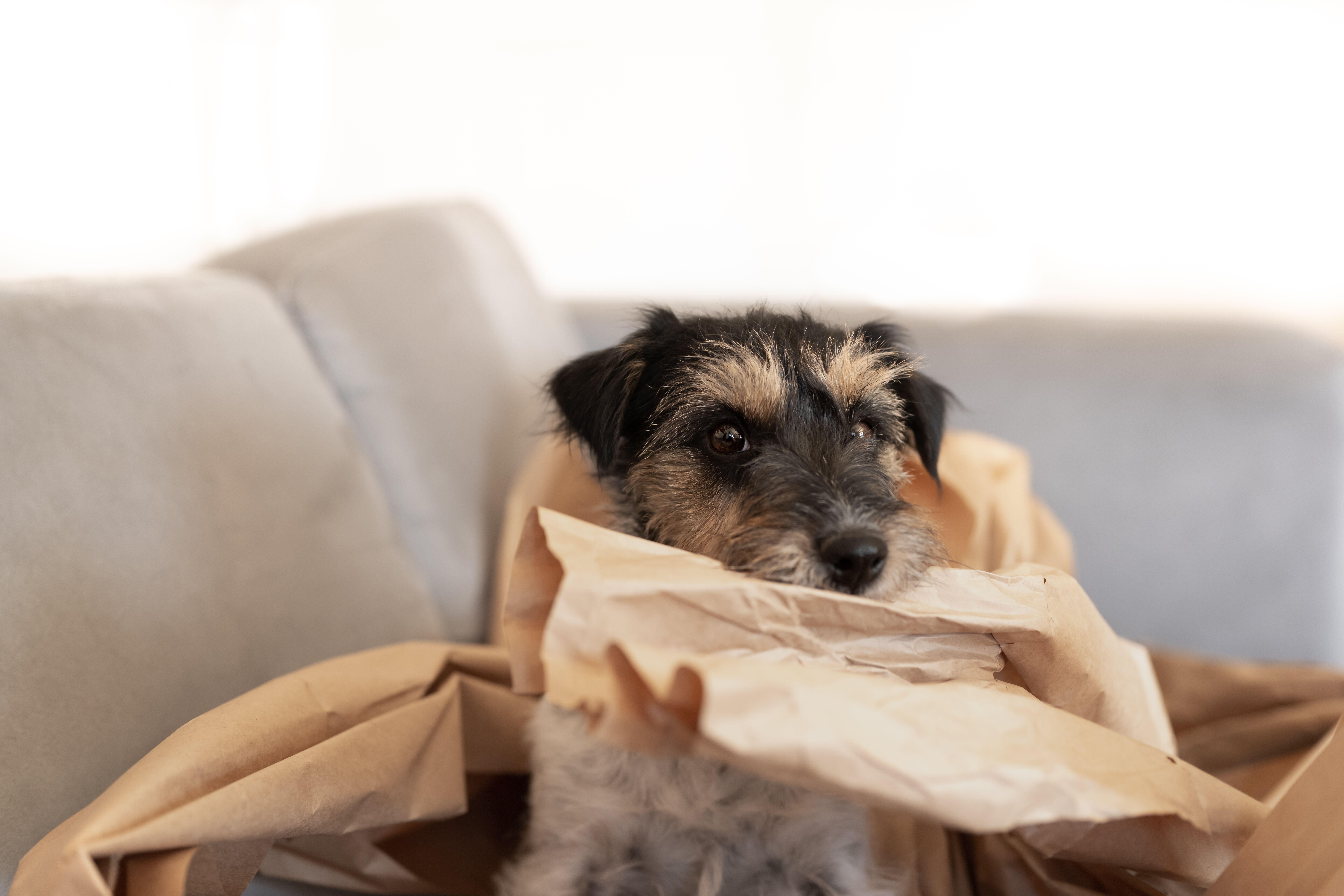
How to stop resource guarding in dogs, by Ben Randall
Resource guarding is common in dogs — but it can be solved. Award-winning dog trainer Ben Randall explains how as he
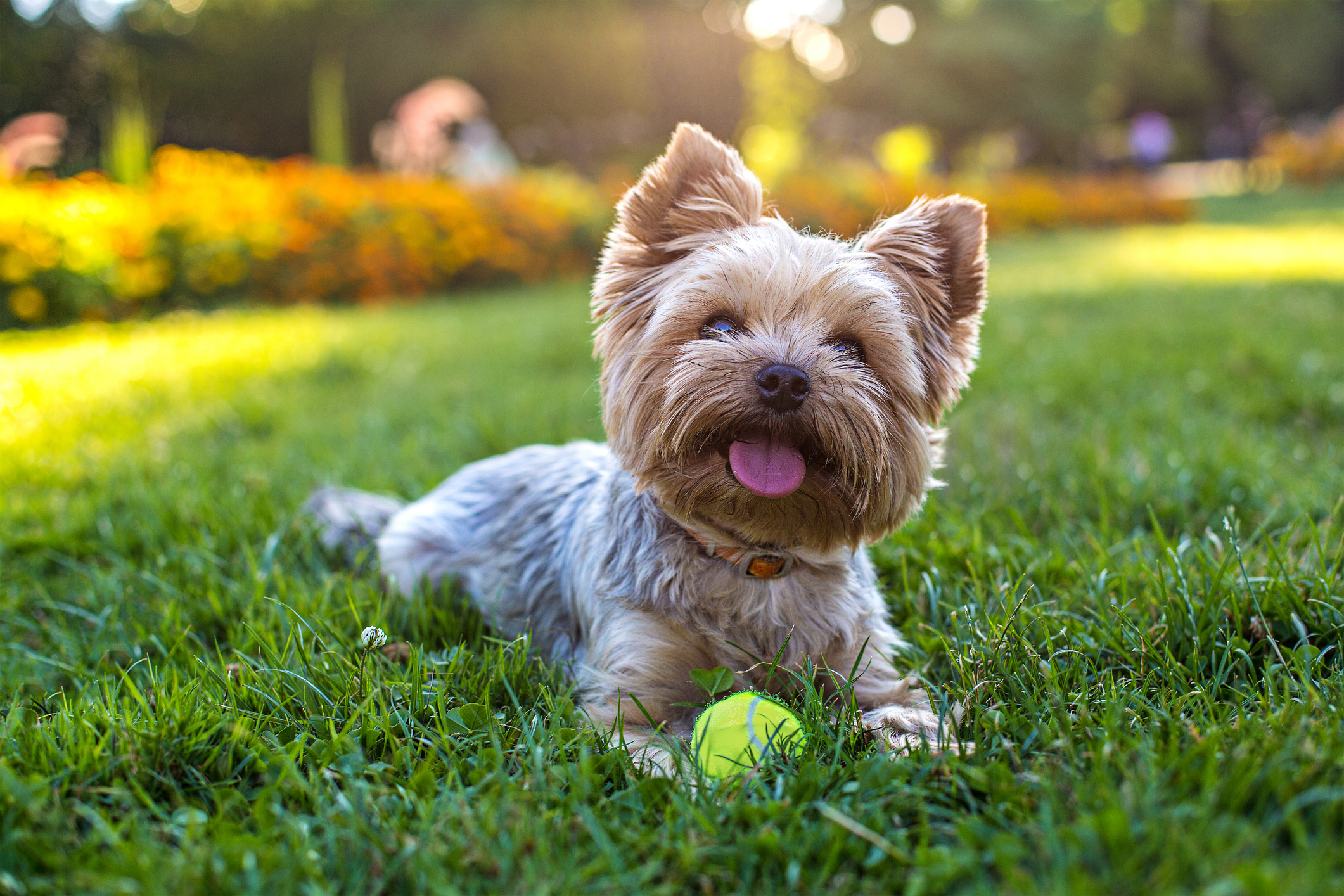
How to train your dogs around your gardening, by expert trainer Ben Randall
It's the time of year when we're all starting to get out more and more — particularly in the garden. That's
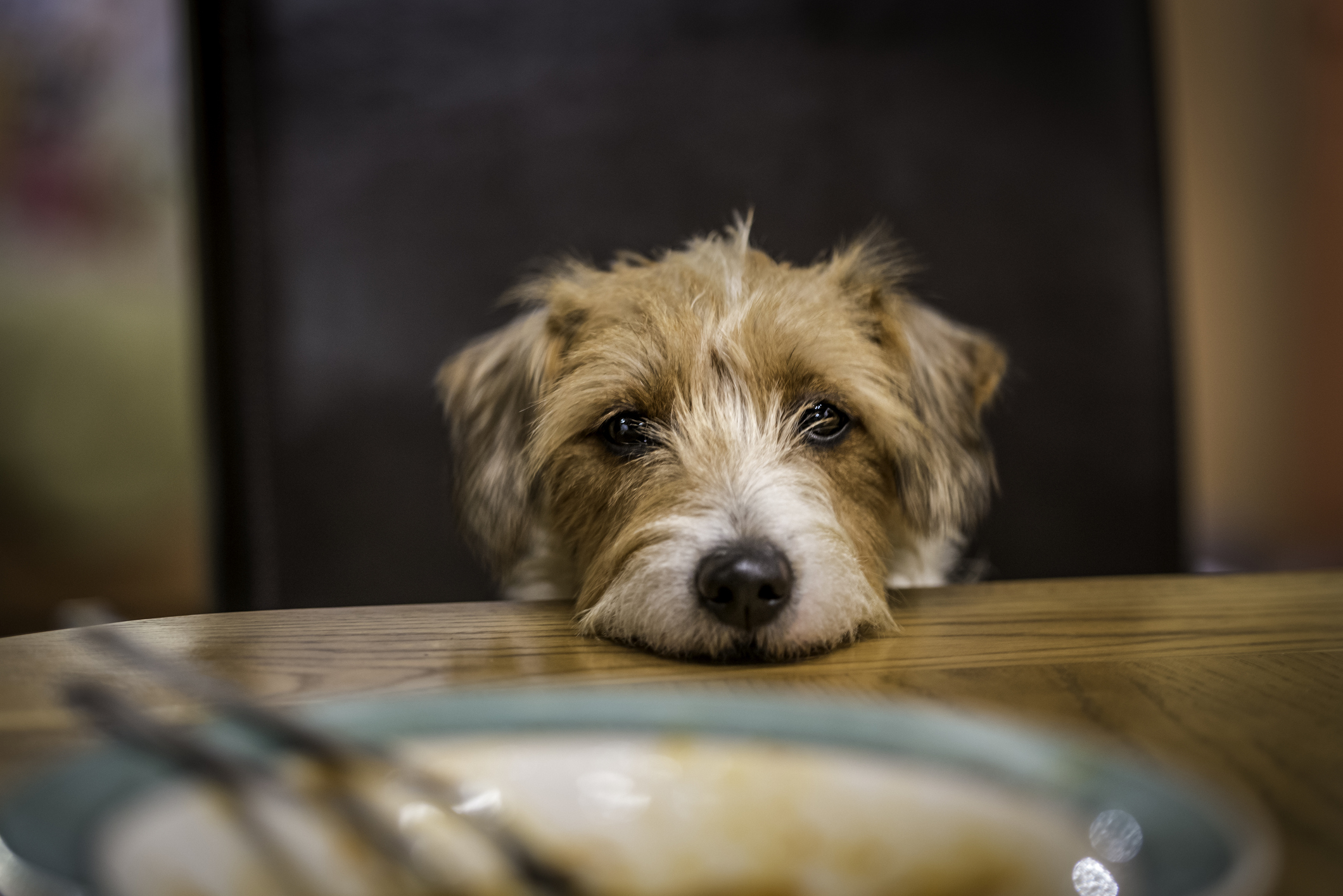
Credit: Getty
How to deal with a dog who's always looking for food, by leading trainer Ben Randall
Got a dog who is always hungry, just can't get enough of food, and doesn't have any qualms about playing
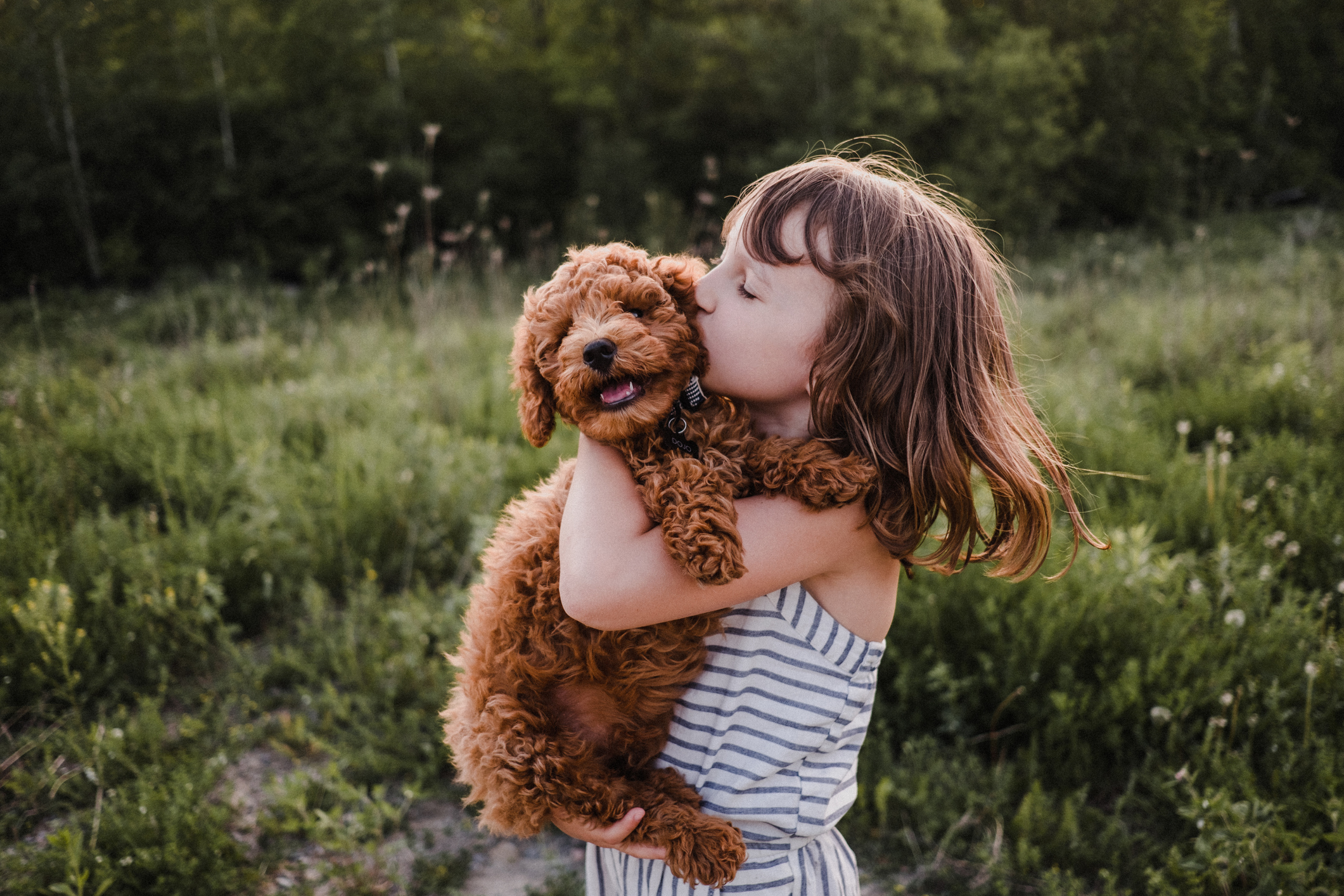
Credit: Getty Images/Image Source
How to introduce a puppy to your kids, by expert trainer Ben Randall
Ben Randall, a dad as well as one of Britain's top dog trainers, shares his expertise on how to welcome
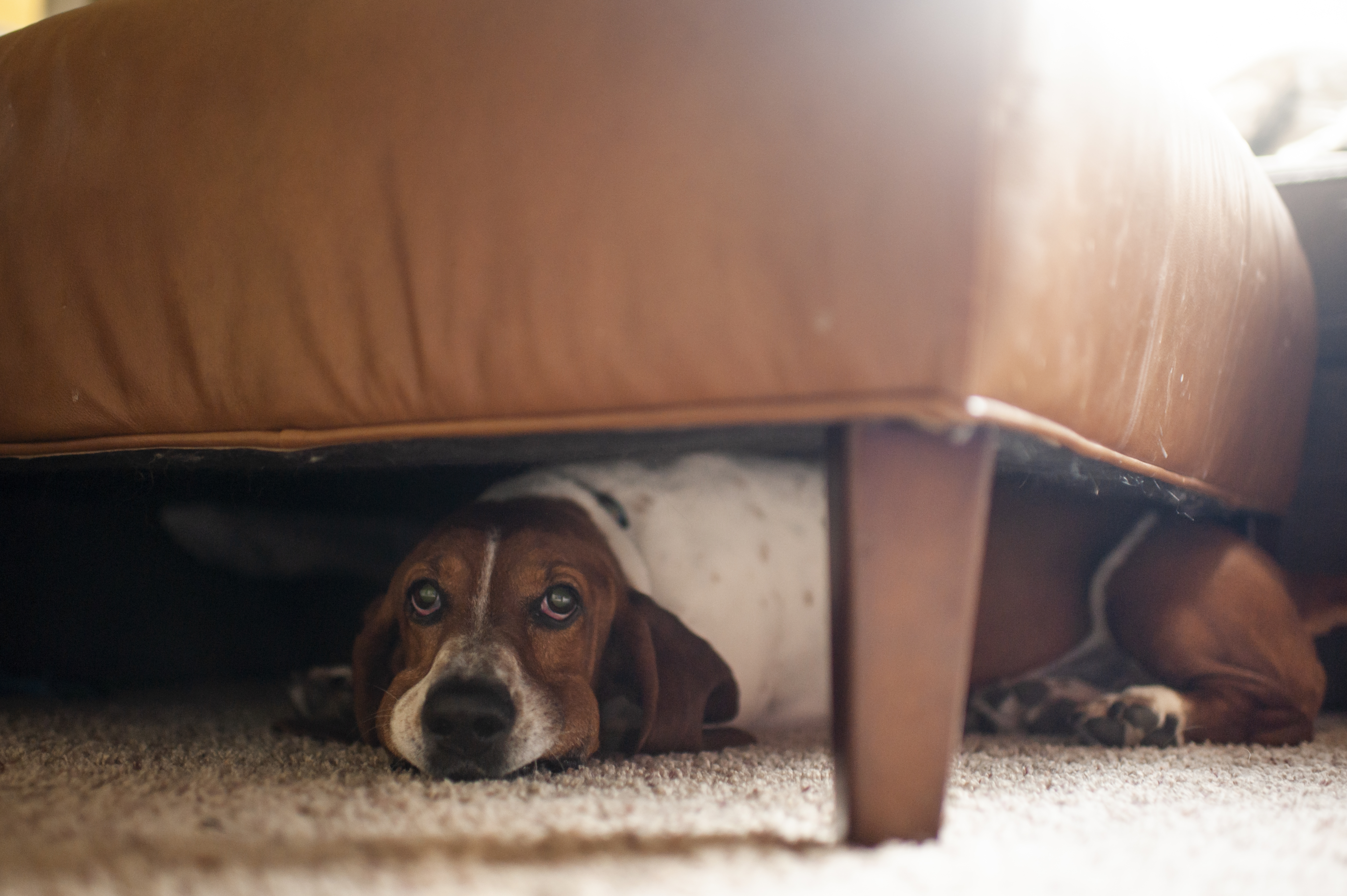
Credit: Getty
How to deal with a dog who is scared of men, by expert trainer Ben Randall
This week, our A-list dog trainer Ben Randall deals with a tricky topic: an adopted dog who seems to be
-
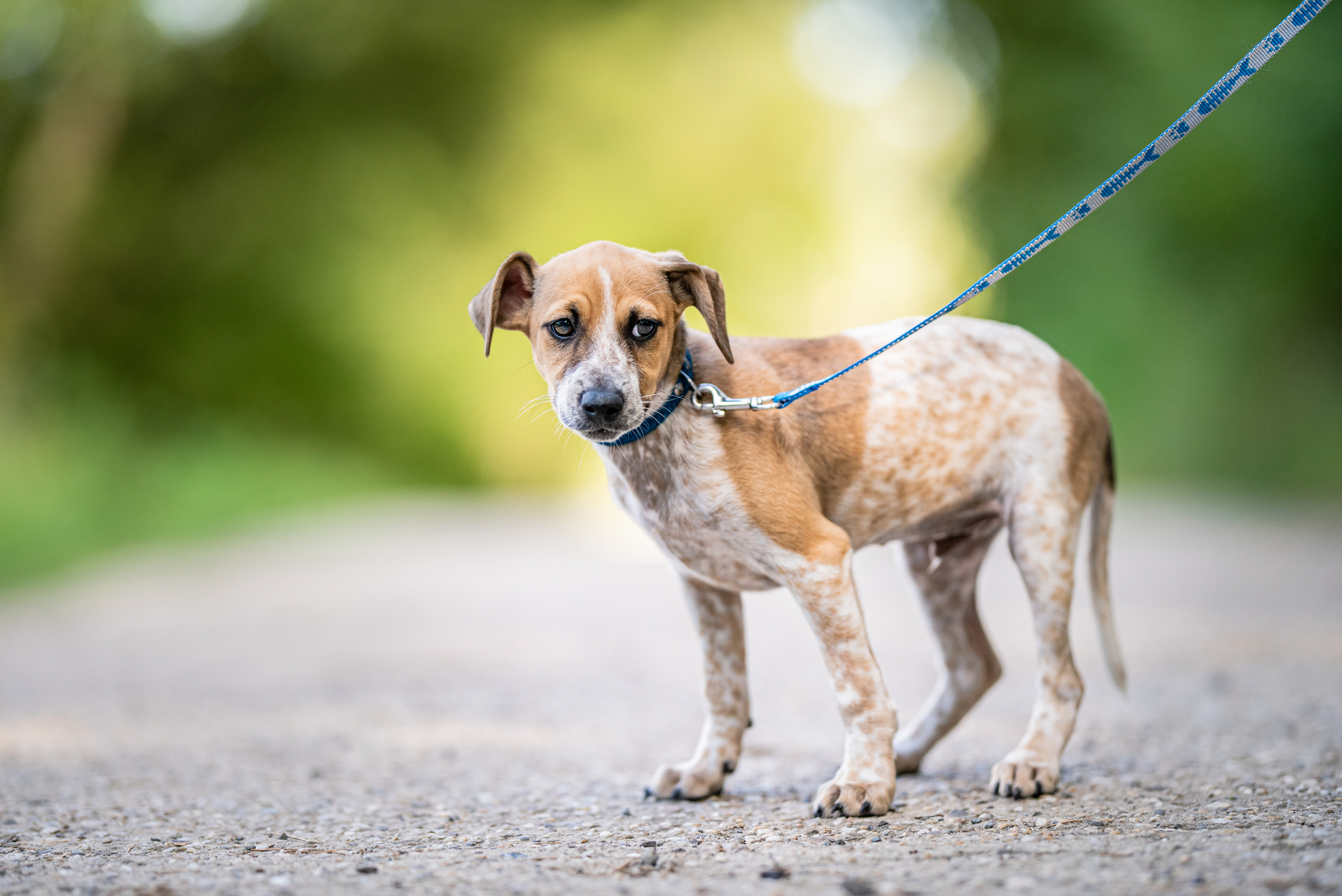 What to do when your dog gets attacked by another dog out on a walk
What to do when your dog gets attacked by another dog out on a walkBen Randall deals with a reader's difficult situation as an ordinary walk took a turn for the worse.
By Ben Randall
-
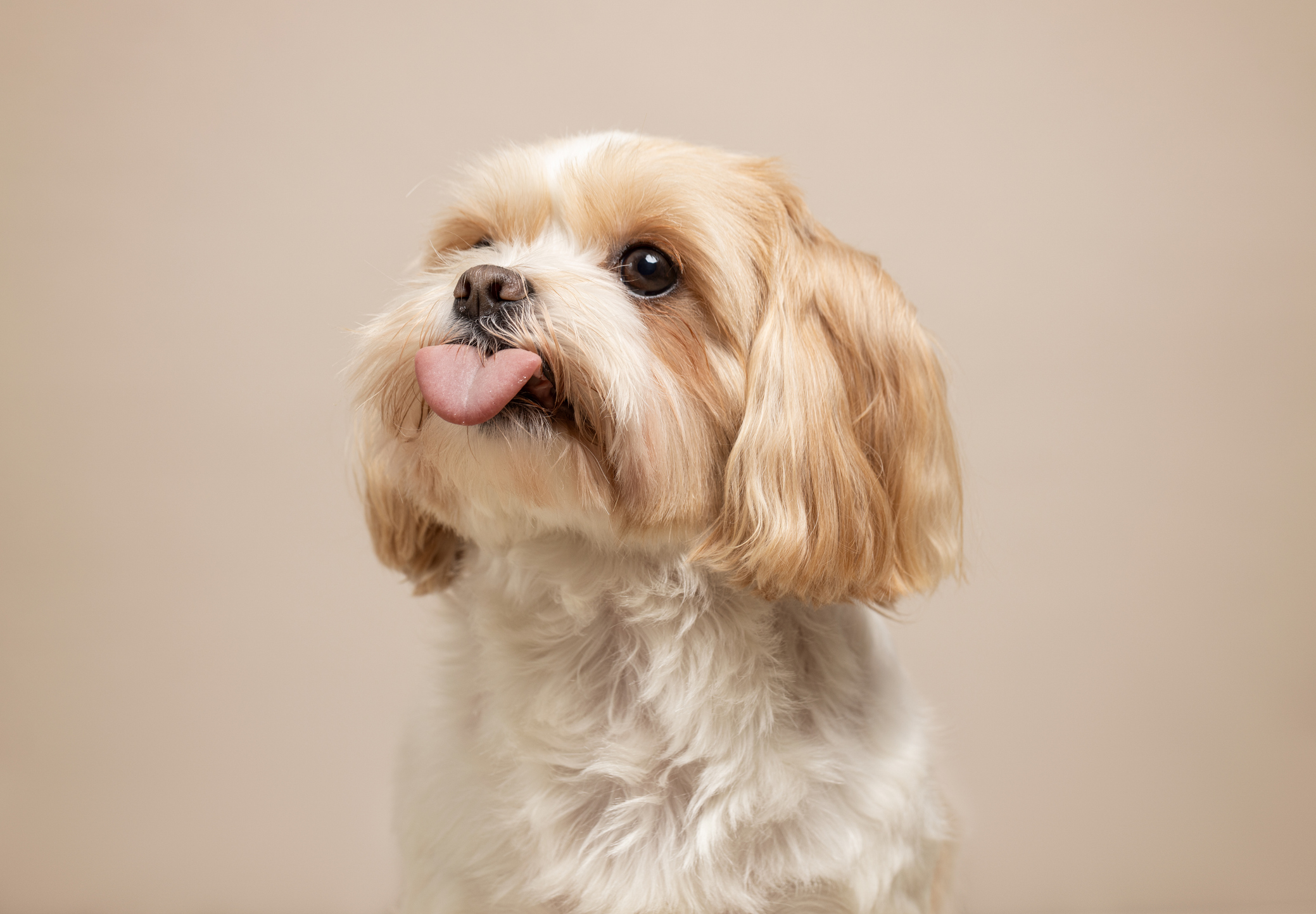 How to deal with an older dog starting to show some bad behaviour after many happy years
How to deal with an older dog starting to show some bad behaviour after many happy yearsA-list dog trainer Ben Randall helps a reader whose ageing dog has started changing its behaviour — and not for the better.
By Ben Randall
-
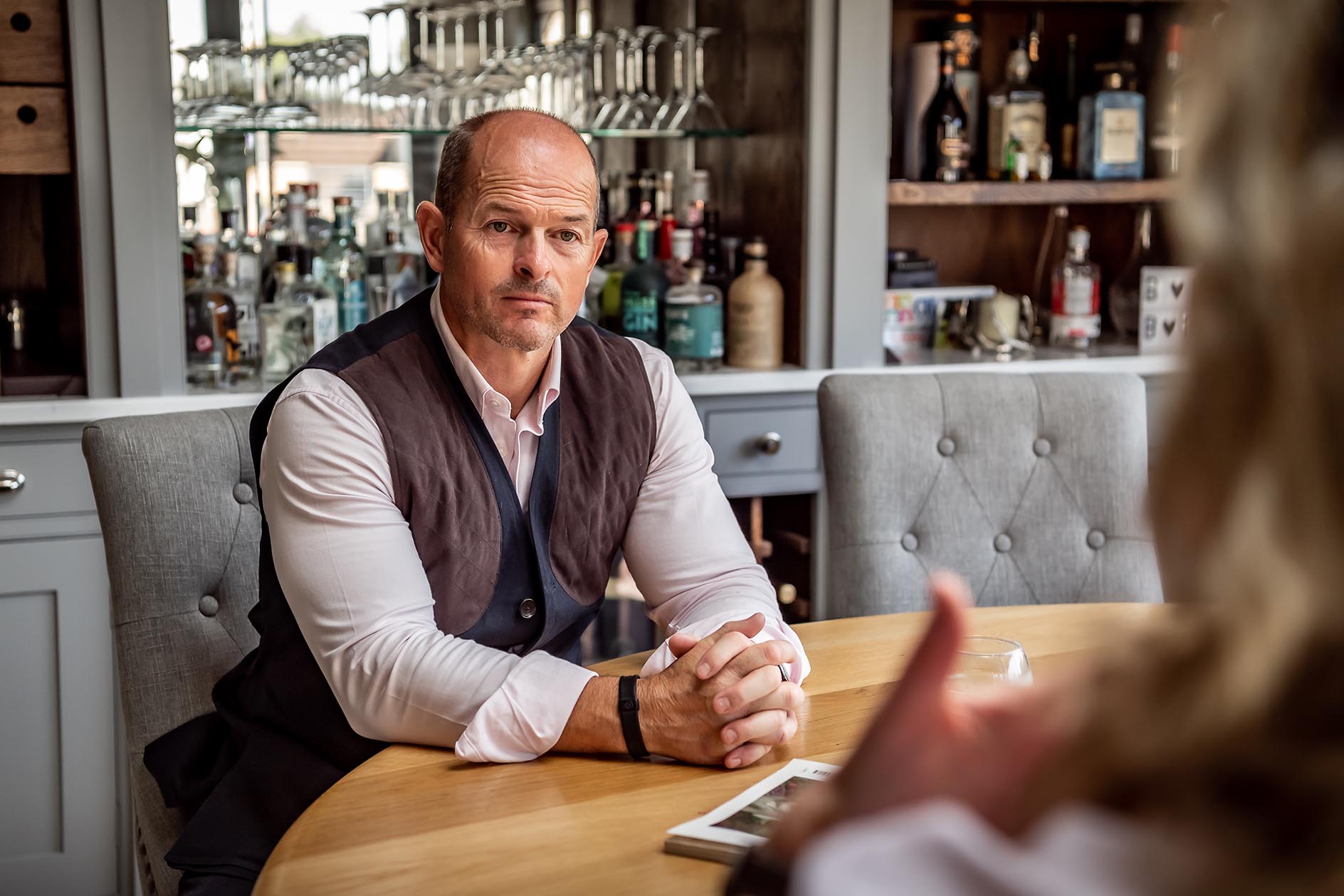 Ben Randall: Ask Country Life's canine agony uncle a question about your dog
Ben Randall: Ask Country Life's canine agony uncle a question about your dogOver the past two years our award-winning dog trainer Ben Randall has been sharing his advice with Country Life readers.
By Country Life
-
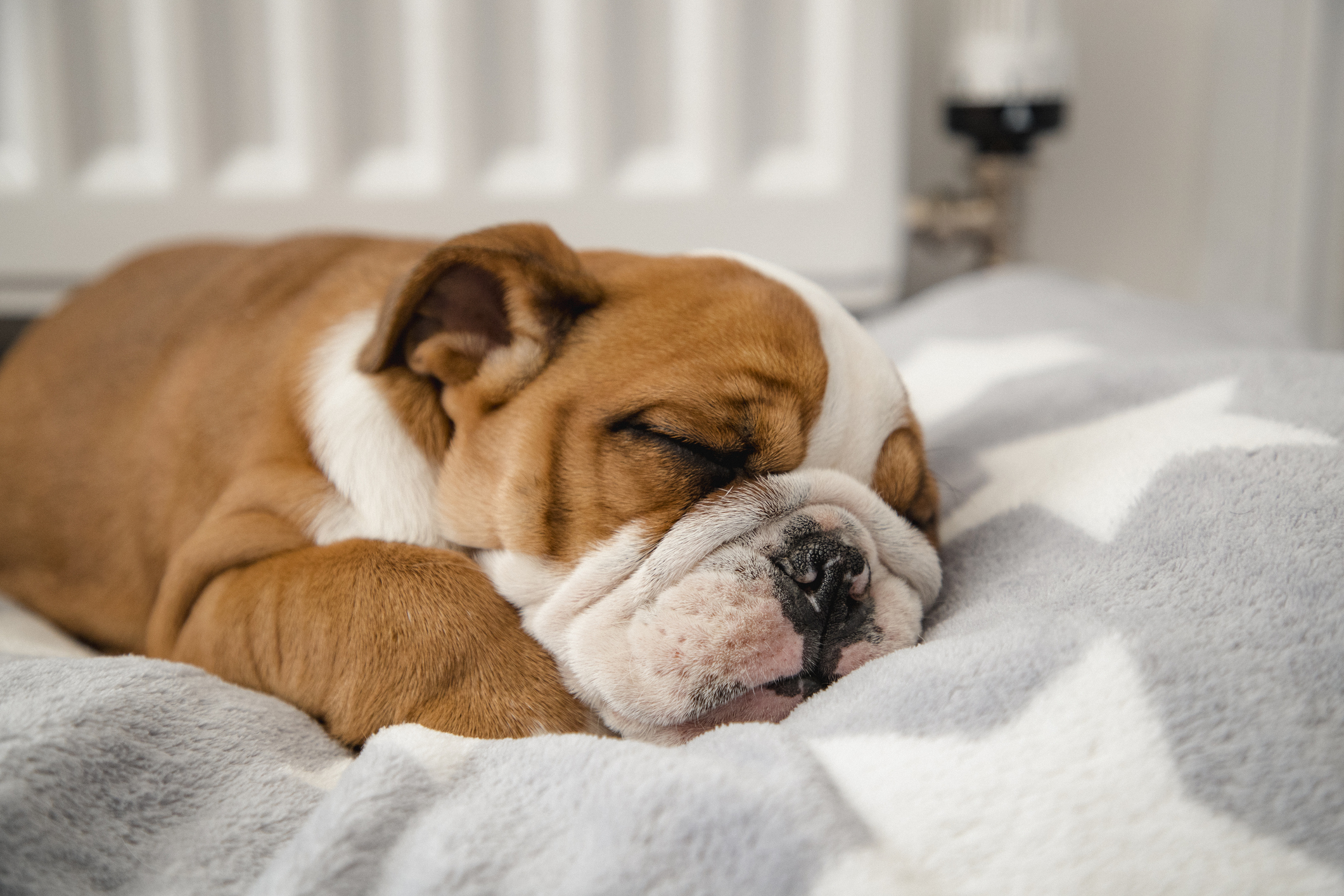 How to look after a dog who's gone deaf, by A-list trainer Ben Randall
How to look after a dog who's gone deaf, by A-list trainer Ben RandallBen Randall handles a query from a reader whose dog has lost her hearing.
By Ben Randall
-
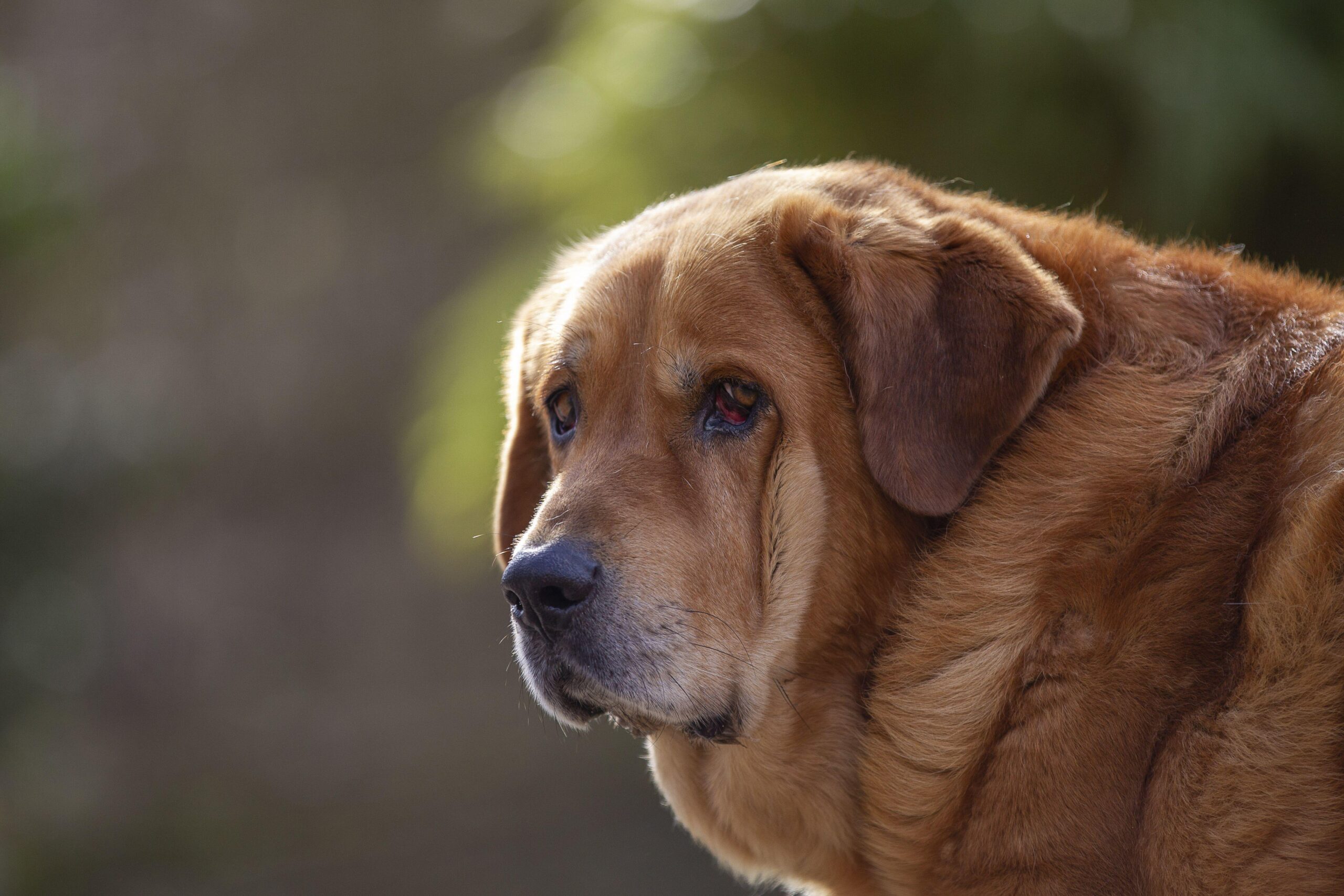 How to deal with a dog that's stronger than you are — especially when it runs off when it gets excited
How to deal with a dog that's stronger than you are — especially when it runs off when it gets excitedBen Randall tackles an issue for an owner of a dog that's almost as big as she is.
By Ben Randall
-
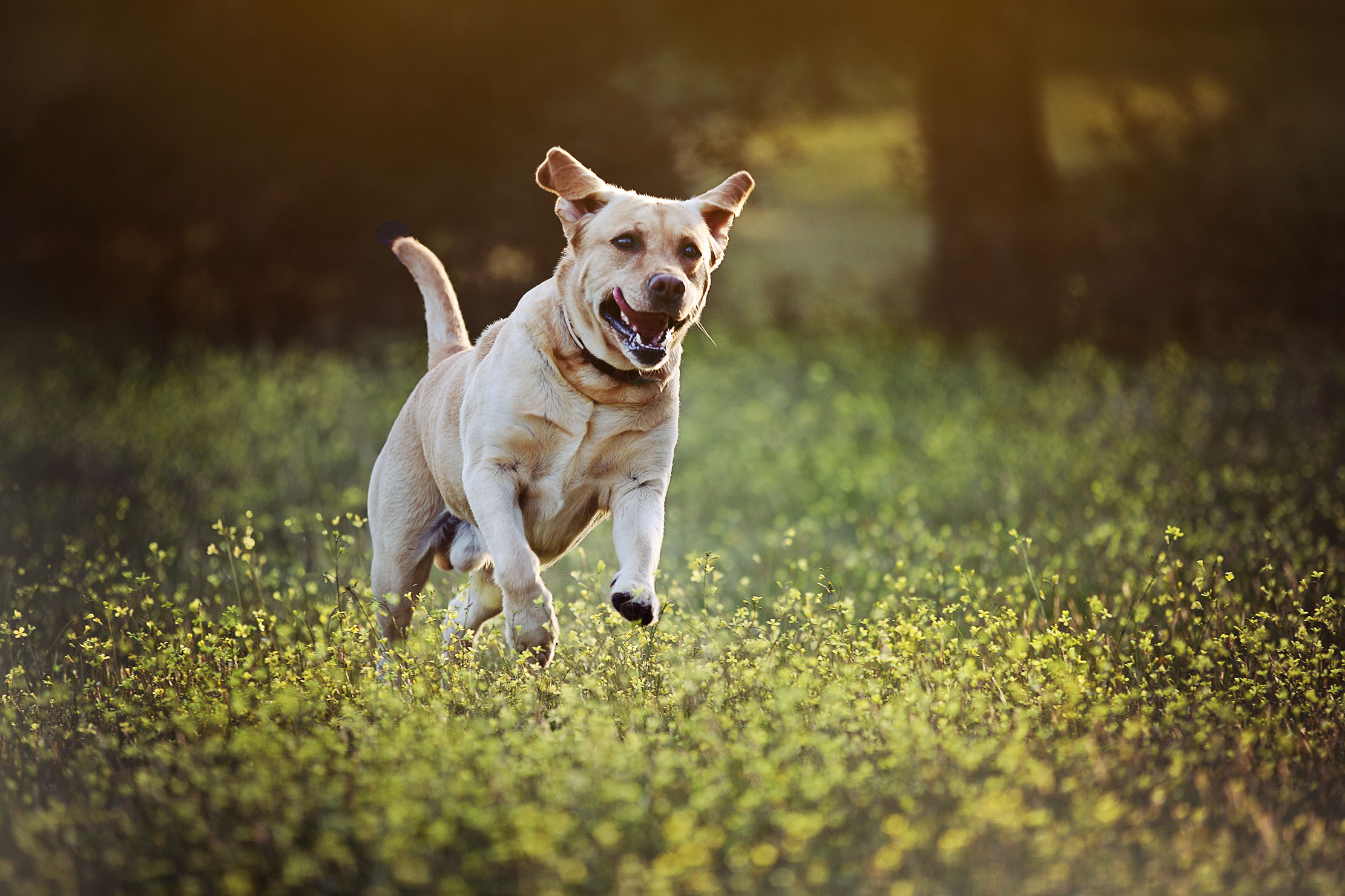 'My dog goes crazy when he sees someone with a ball launcher. How do I make him stop?': Expert trainer Ben Randall explains what to do
'My dog goes crazy when he sees someone with a ball launcher. How do I make him stop?': Expert trainer Ben Randall explains what to doTaking on a dog with ingrained bad habits can be a headache. Ben Randall explains how to retrain them to keep calm.
By Ben Randall
-
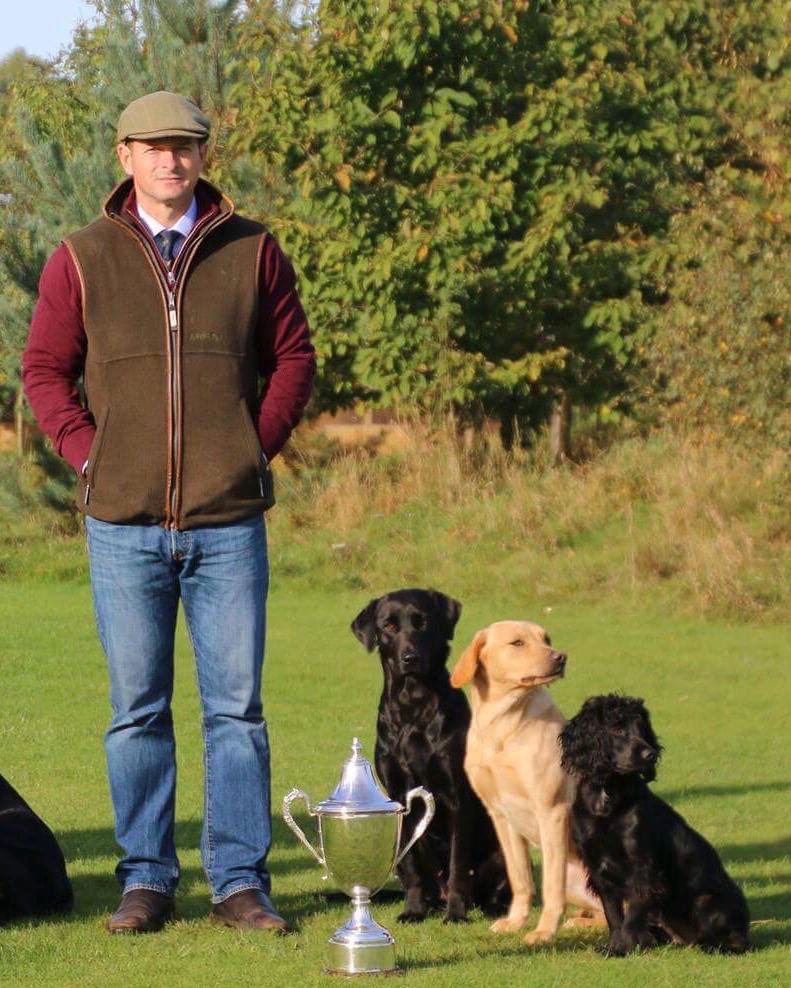 Ben Randall: Q&A with the award-winning dog trainer
Ben Randall: Q&A with the award-winning dog trainerWe speak to Country Life's canine agony uncle Ben Randall.
By Ben Randall
-
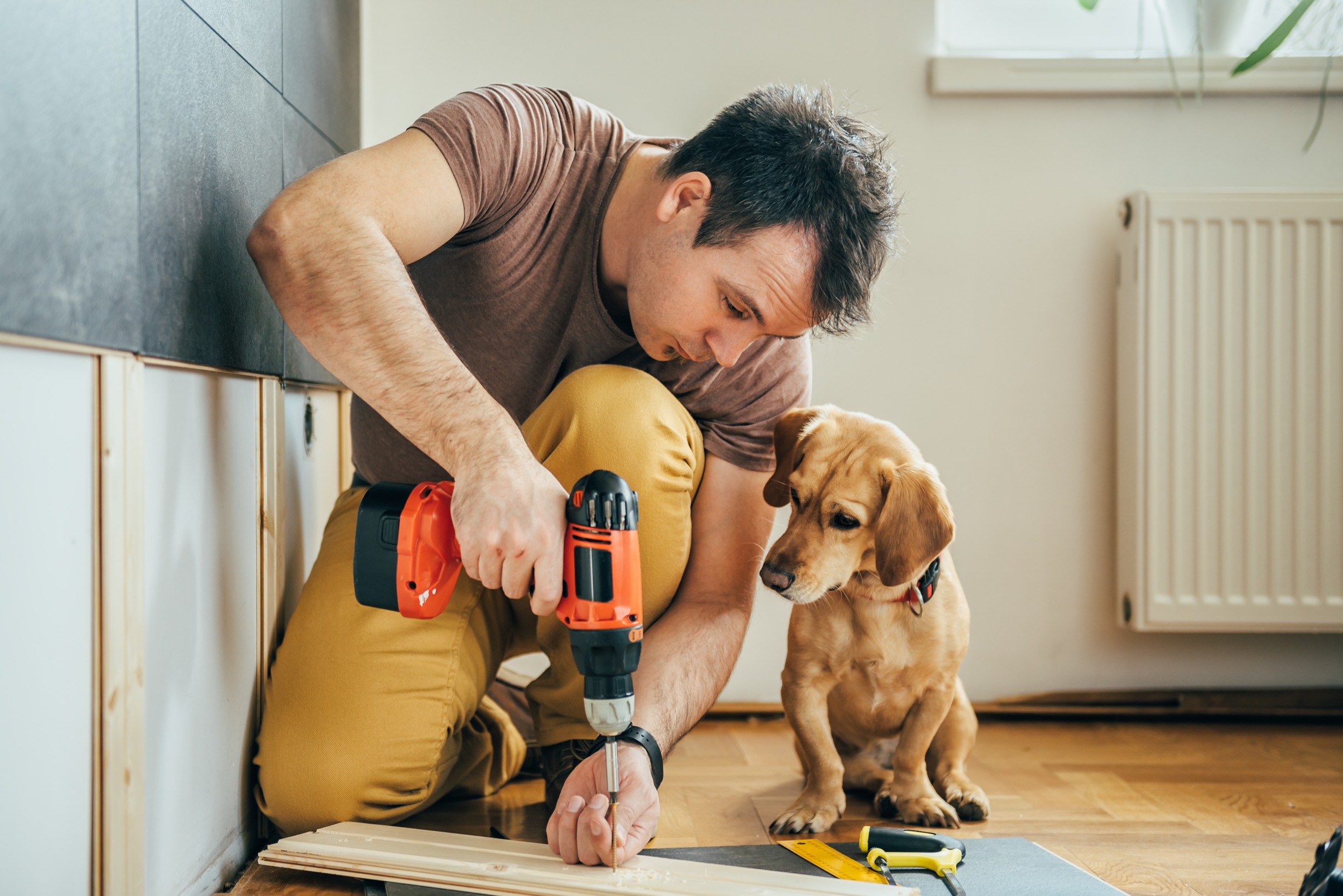 How to stop your dog from being protective and barking at builders
How to stop your dog from being protective and barking at buildersBarking can be annoying and unsettling for visitors. Ben Randall looks at how to get a little peace and quiet.
By Ben Randall

